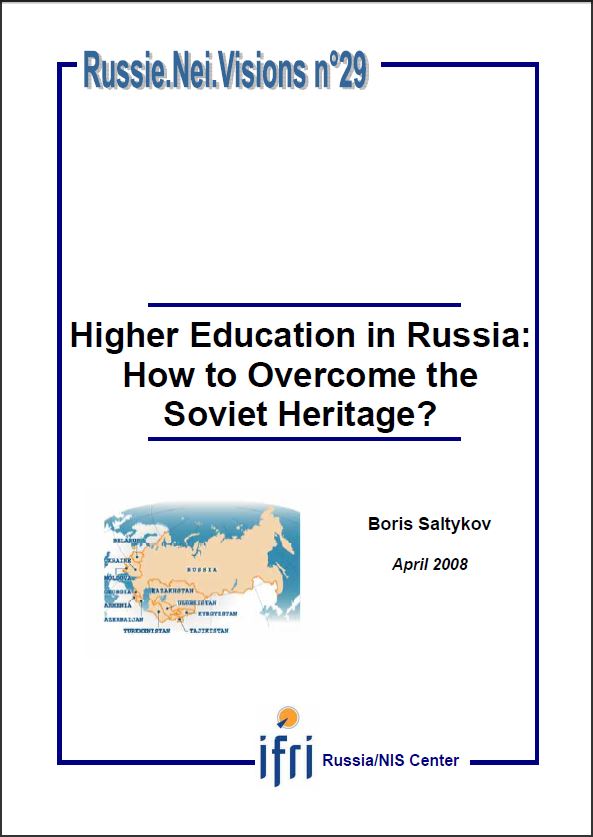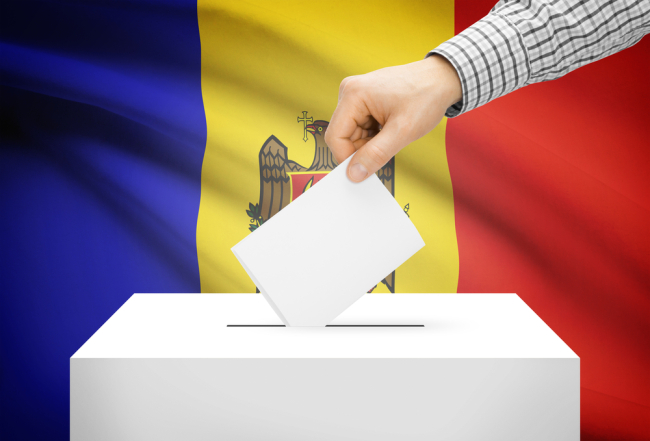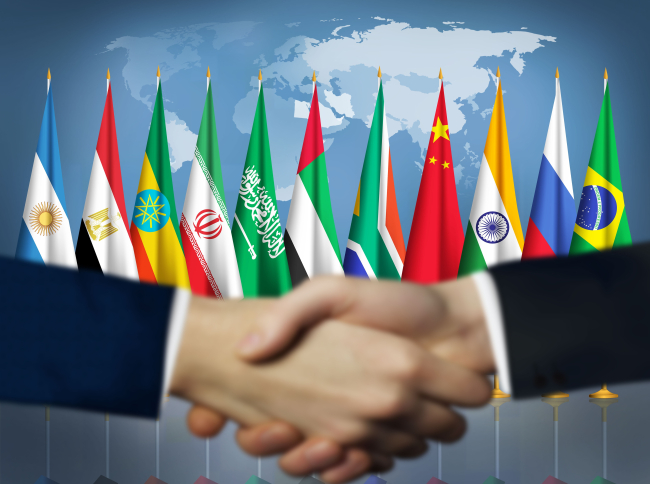Higher Education in Russia: How to Overcome the Soviet Heritage?

Russia's higher education (HE) reform, begun 15 years ago, was intended to provide a response to the challenges of the new post-industrial, high-tech economic development model. During the course of the reform, many of the negative features inherited from the Soviet period (ideologization, complete state-ownership of assets, excessive centralization of decision-making) were overcome. However, many characteristics of the Soviet system have turned out to be highly resilient, right up to today: the separation of science and education, the socio-humanitarian science sector remaining behind the natural and technical sciences, and the gap between the "elitist" and the "mass" segments. In the initial stages, the problems of reform were forced into the background, behind the much more acute problem of survival. The real window of opportunity did not appear until the start of Vladimir Putin's second term as president, when favorable economic (potential to increase budget financing) and political (consolidation of the team of reformers) conditions were created.
This paper is based on the seminar presentation "Higher Education in Russia, Potential and Challenges," which took place on 28 January 2008 at the Institut français des relations internationales (Ifri).
Download the full analysis
This page contains only a summary of our work. If you would like to have access to all the information from our research on the subject, you can download the full version in PDF format.
Higher Education in Russia: How to Overcome the Soviet Heritage?
Related centers and programs
Discover our other research centers and programsFind out more
Discover all our analysesMoldova’s Foreign Policy after 2024 Presidential Elections: Staying on the EU Path, Moving Eastwards or Becoming Multi-vector?
The future of Moldova’s foreign agenda will undergo a stress test during the upcoming presidential elections on October 20, 2024.
Russian Strategic Thinking and Culture Before and After February 24, 2022: Political-Strategic Aspects
Written by Dimitri Minic, the scientific article "Russian Strategic Thinking and Culture Before and After February 24, 2022: Political-Strategic Aspects" in Russia’s war against Ukraine: Complexity of Contemporary Clausewitzian War by the National Defence University Department of Warfare, Helsinki 2024.
Russia and the New BRICS Countries: Potentials and Limitations of a Scientific and Technological Cooperation
At the fifteenth BRICS summit, held in Johannesburg, South Africa, from August 22 to 24, 2023, a resolution was adopted to extend an invitation to six new countries to join the organization: Argentina, Egypt, Ethiopia, Iran, Saudi Arabia, and the United Arab Emirates (UAE). All of these countries except Argentina duly became members of BRICS in 2024, with the expanded group known as BRICS+. In addition to the political and economic advantages, it is assumed that the incorporation of these new countries could potentially facilitate their scientific and technological development.
The South Caucasus: A New Strategic Space?
The states of the South Caucasus are trying to find their footing in an increasingly fragmented international landscape.















